



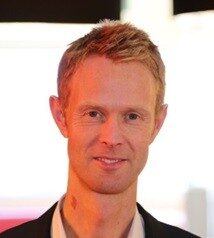
Professor Peter Vuillermin is a general paediatrician with an interest in the early life origins of immune-related disorders in the modern environment.
He has a particular interest in the relationship between the modern environment and diet, the microbiome and its metabolites, and the early life origins of immune dysregulation, allergic disease and asthma.
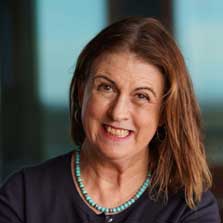
Professor Anne-Louise Ponsonby is an environmental epidemiologist and public health physician, who is interested in the determinants and management of disease at the population level.
She has dedicated her life to understanding food allergy development, multiple sclerosis, and environmental influences on neurodevelopment outcomes.
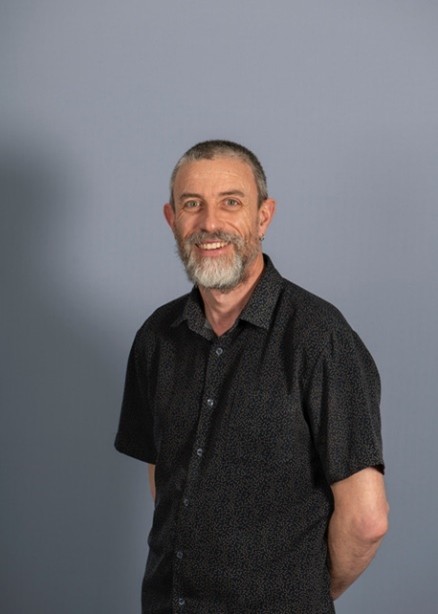
Marty trained as a mathematician and worked as a computational biologist in ecology and evolution, then developed bioinformatics skills (the "big data" version of biostatistics) before joining BIS. Marty currently helps all BIS researchers collate, analyse and interpret the data we collect from BIS families to understand the underlying scientific stories.

Dave is a paediatrician at RCH in Melbourne, specialising in infections in children and a senior researcher at MCRI. He is particularly interested in the longer-term effects of infection and inflammation on health, and in particular how these contribute to the development of later disease across the life span.
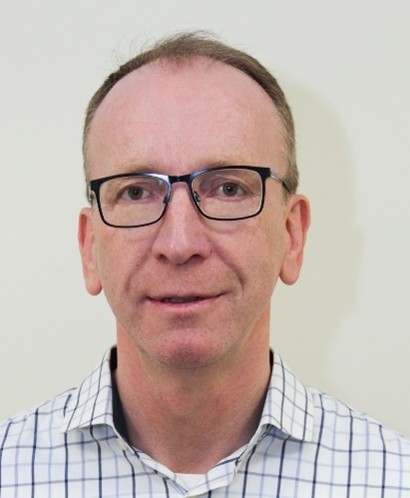
Professor Richard Saffery is a molecular and cellular biologist with a longstanding interest in the biological processes that underpin early life programming of health and disease. He has a strong interest in the relationship between genetic and environmental influences on the developing epigenetic profile and has been studying this in longitudinal birth cohorts for nearly 2 decades.
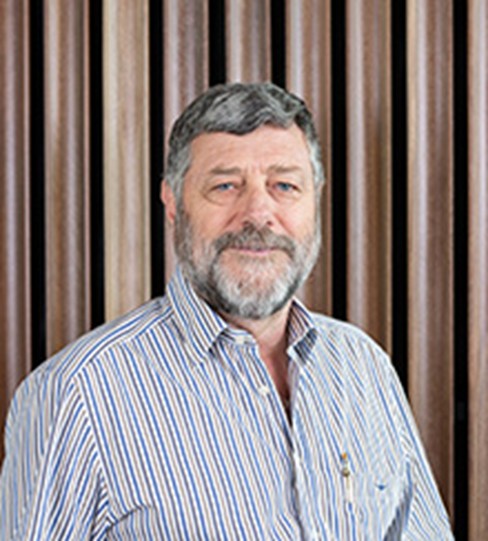
Professor Sly’s research aims to understand the mechanisms underlying chronic childhood lung diseases in order to improve clinical management and to delay or prevent their onset, with consequent reductions in adult lung diseases. A combination of basic science, longitudinal cohort studies and translation of research findings into clinical practice, including clinical trials, are included in three main areas: children’s environmental health, asthma, and cystic fibrosis.
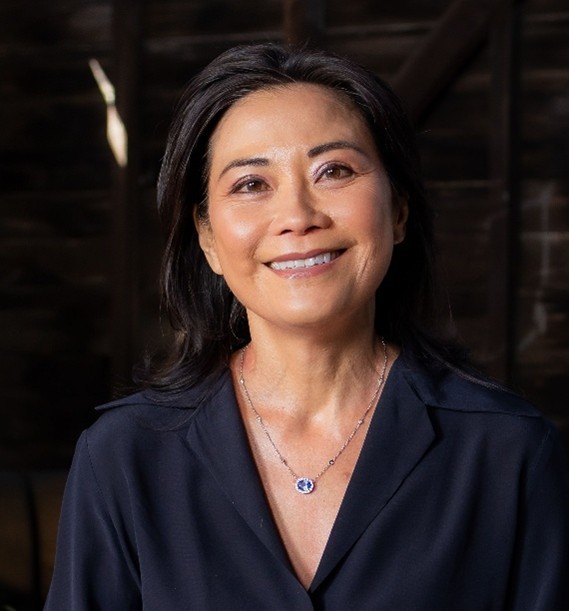
Professor Tang is a Paediatric Allergist and Immunologist at the Royal Children’s Hospital, Melbourne, Australia; Director of the Allergy Translation Centre and Group Leader of Allergy Immunology at the Murdoch Children’s Research Institute; and a Professor in the Department of Paediatrics at the University of Melbourne. She is internationally recognized in the field of allergy and immunology for her contribution to scientific research, clinical practice and policy. Her research programme focuses on understanding the immune mechanisms underlying allergy and it’s resolution, with the goal of identifying novel strategies for prevention and treatment. Professor Tang has received national and international awards recognising her achievements in scientific research, healthcare, biotechnology commercialisation and leadership.

Toby is a Senior Research Officer in the Inflammatory Origins group at the Murdoch Children’s Research Institute. Toby joined the BIS team in 2014 as an undergraduate student for an Honours research program and has continued to work with BIS throughout his PhD and as a post-doctoral researcher. Toby is interested in what early life factors promote healthy immune system development and metabolic and cardiovascular health in childhood.
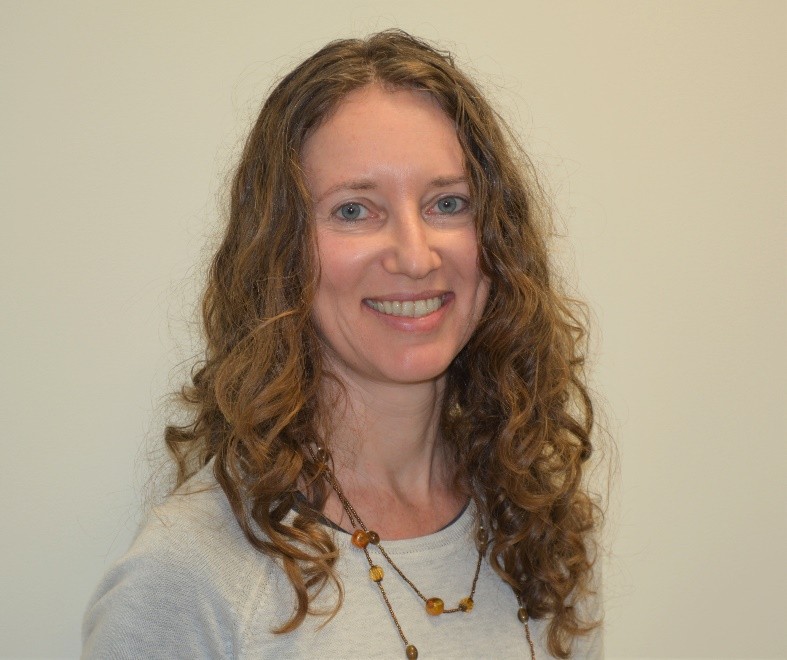
Luba's research interests are within the field of psycho-neuro-immunology, with a focus on the role of inflammation, diet and stress in perinatal mental health and neurodevelopment.
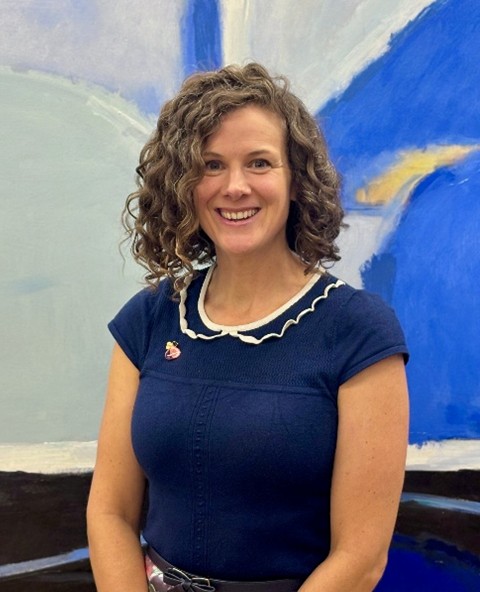
Samantha's work focuses on understanding diet-by-microbiome pathways impacting maternal and infant health, and developing, testing, and implementing interventions to improve women’s diet before and during pregnancy.
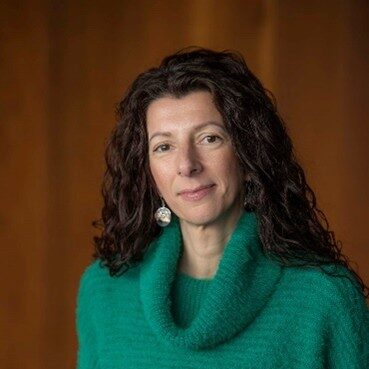
Andrea is a neuroscientist with a research background in behaviour and laboratory studies. Her projects have focused on the effects of neurotransmitters (brain chemicals), sex differences, sex hormones (e.g. estrogen) and inflammation on the brain and how this is relevant to mental illness.

Poshmaal is an early-career microbiologist and immunologist with an emerging track record in understanding the role of early-life factors as well as interactions between microorganisms and the immune system on the incidence of chronic diseases in humans.

Associate Professor Mihiri Silva combines her clinical role as a Consultant Paediatric Dentist at the Royal Children’s Hospital, Melbourne, with academic and research appointments at the Melbourne Dental School, University of Melbourne and Murdoch Children's Research Institute. A major focus of her work has been the use of large longitudinal birth cohort studies to understand environmental drivers of poor oral health in children and develop innovative evidence-based population and clinical interventions to address these.
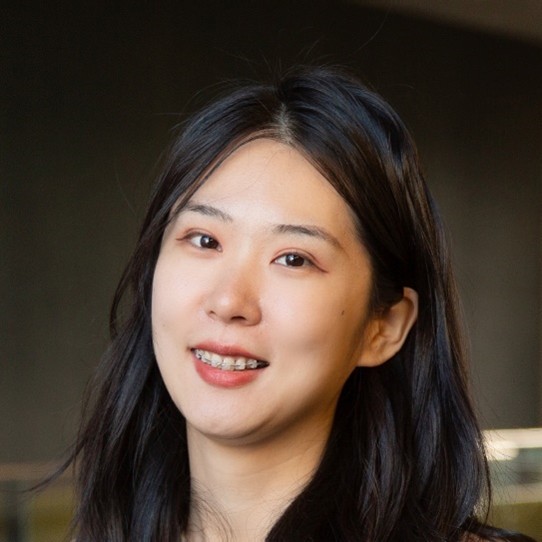
Yuan started her PhD journey with the BIS team in 2018 to understand the role of the gut microbiome in immune-related diseases. Her current research focus is looking at the infant gut microbiome and atopic wheeze during childhood.
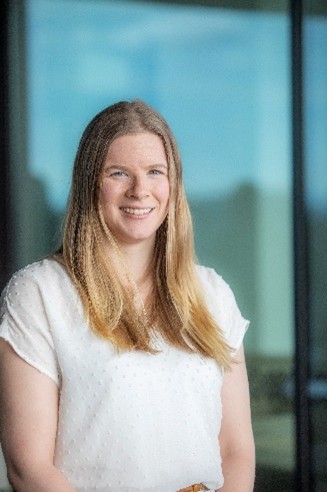
Katherine (Katie) Drummond is an early-career neuroscientist and molecular epidemiologist whose research focuses on how early-life exposure to environmental chemicals influences brain health. Her work addresses growing global concern about the impact of modern chemical exposures on human health.
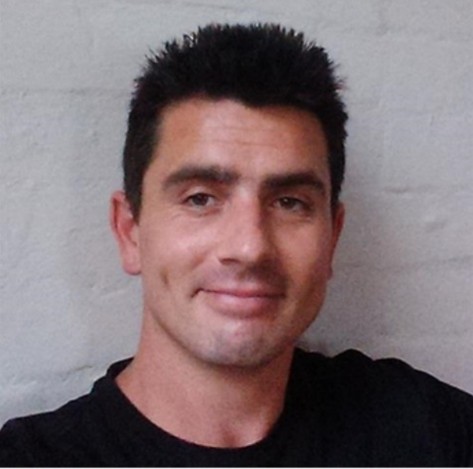
Sam uses bioinformatics and machine-learning approaches to investigate the neurodevelopmental mechanisms underlying autism and ADHD, with a focus on the role of epigenetics in mediating the effects of prenatal neurotoxicant exposures.
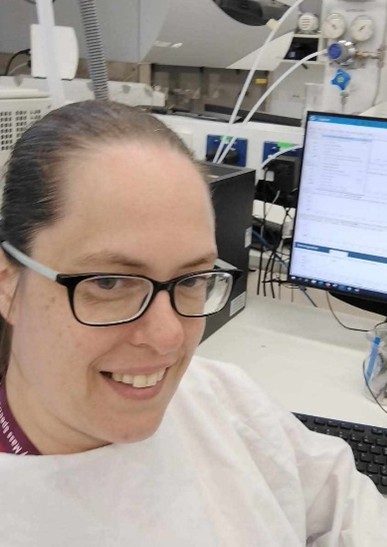
Kris started her PhD in 2021 at The Florey Institute of Neuroscience and Mental Health. Her research aims to understand how environmental and lifestyle factors affect your body’s lipids (e.g. fats), and how those lipids in turn, are linked to brain development.

Lada has a background in genetics, economics, and applied chemistry, with experience spanning laboratory science, clinical trials, and data analysis. Her PhD at the Barwon Infant Study investigates diet, epigenetic programming, and child development.
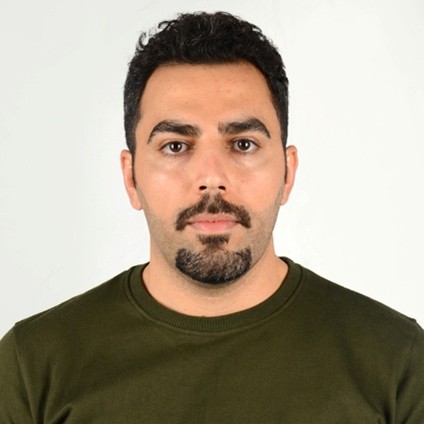
Saeed Ghobadi is a PhD student at the Institute for Physical Activity and Nutrition (IPAN), Deakin University. He is a Nutritionist with experience in public health nutrition, clinical dietetics, research, and community health. Saeed’s research focuses on assessing the associations between lifestyle patterns and cardiovascular risk profiles in children and adolescents.

Kavindi Gamage is a PhD student conducting a multidisciplinary project at the University of Melbourne and the Murdoch Children’s Research Institute. She is interested in leveraging longitudinal data to explore the childhood origins of health inequalities across population contexts and identify opportunities for early intervention using causal inference methods.
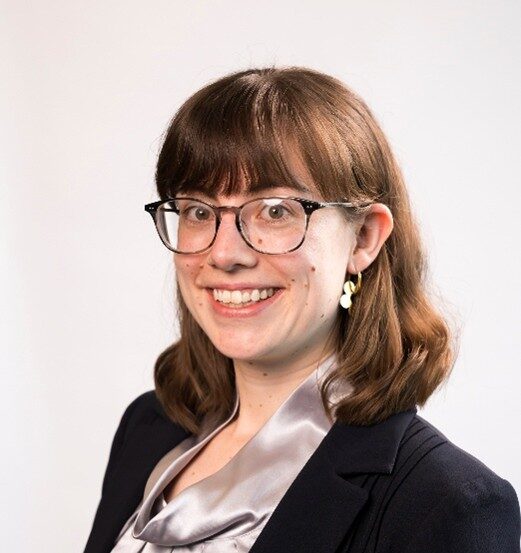
Dr Sarah Ashley is a Senior Research Officer in Professor Mimi Tang's Allergy Immunology research group at MCRI. She is a computational biologist working on food allergy immune mechanisms studies in HealthNuts, PPOIT and BIS with a special interest in genomic mechanisms underpinning food allergy development and resolution.
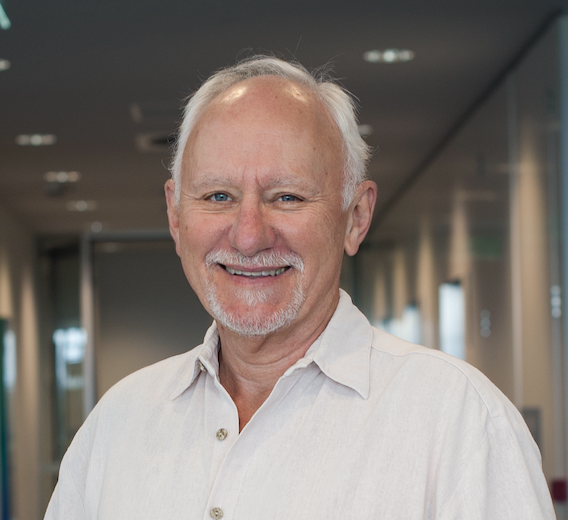
Professor Harrison is an immunologist at the Walter and Eliza Hall Institute of Medical Research and Royal Melbourne Hospital. His research centres on the developmental origins of immune-inflammatory diseases of childhood - type 1 diabetes, coeliac disease and allergies - studied in longitudinal birth cohorts using genetic, cellular and molecular techniques.
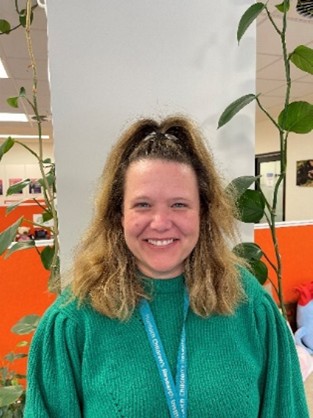
Jasmin has been part of BIS for over 11 years, beginning as a research assistant and now coordinating the fieldwork team. She finds joy in the strong connections BIS has with its participants, families, and the wider community. Jasmin feels fortunate to work with such an engaged cohort and is inspired by knowing that their collective efforts are helping to shape better health outcomes for future generations.
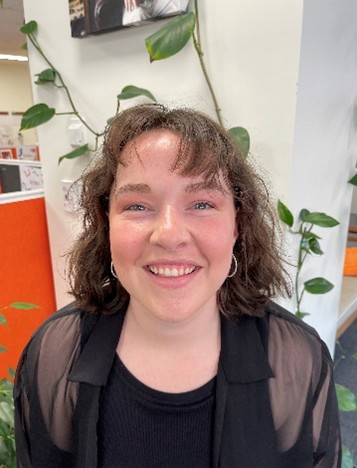
Chloe leads participant engagement and data quality management for the Barwon Infant Study. She recently completed her PhD, which investigated autism incidence, co-occurring conditions, and the role of the gut microbiome in neurodevelopmental conditions.
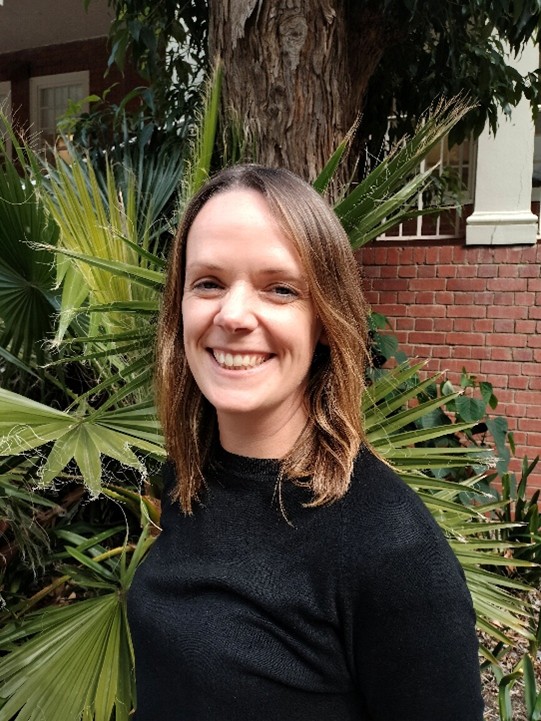
Rachel Morgan, a paediatrician researching environmental and lifestyle factors in asthma, is leading the ongoing Asthma Sub-Study. She is interested in understanding the environment and lifestyle factors that may be associated with asthma development.
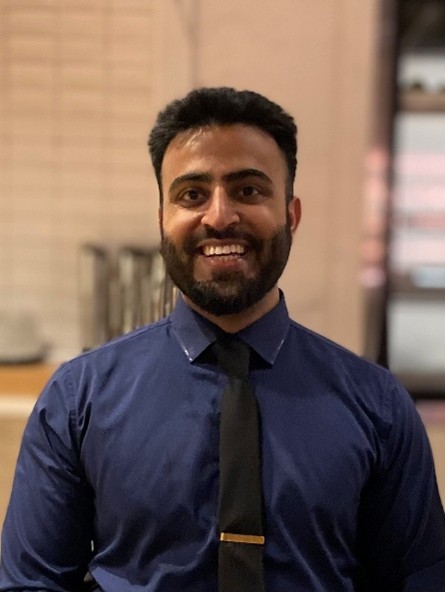
Hassam is a PhD candidate at the Royal Melbourne Hospital and the University of Melbourne, with research interests in predicting disease progression in multiple sclerosis and understanding treatment change motivations. His work is driven by a passion for integrating medical and engineering technologies to improve healthcare outcomes. As the Data Manager of the BIS study cohort, Hassam oversees the management and integrity of study data to support high-quality research